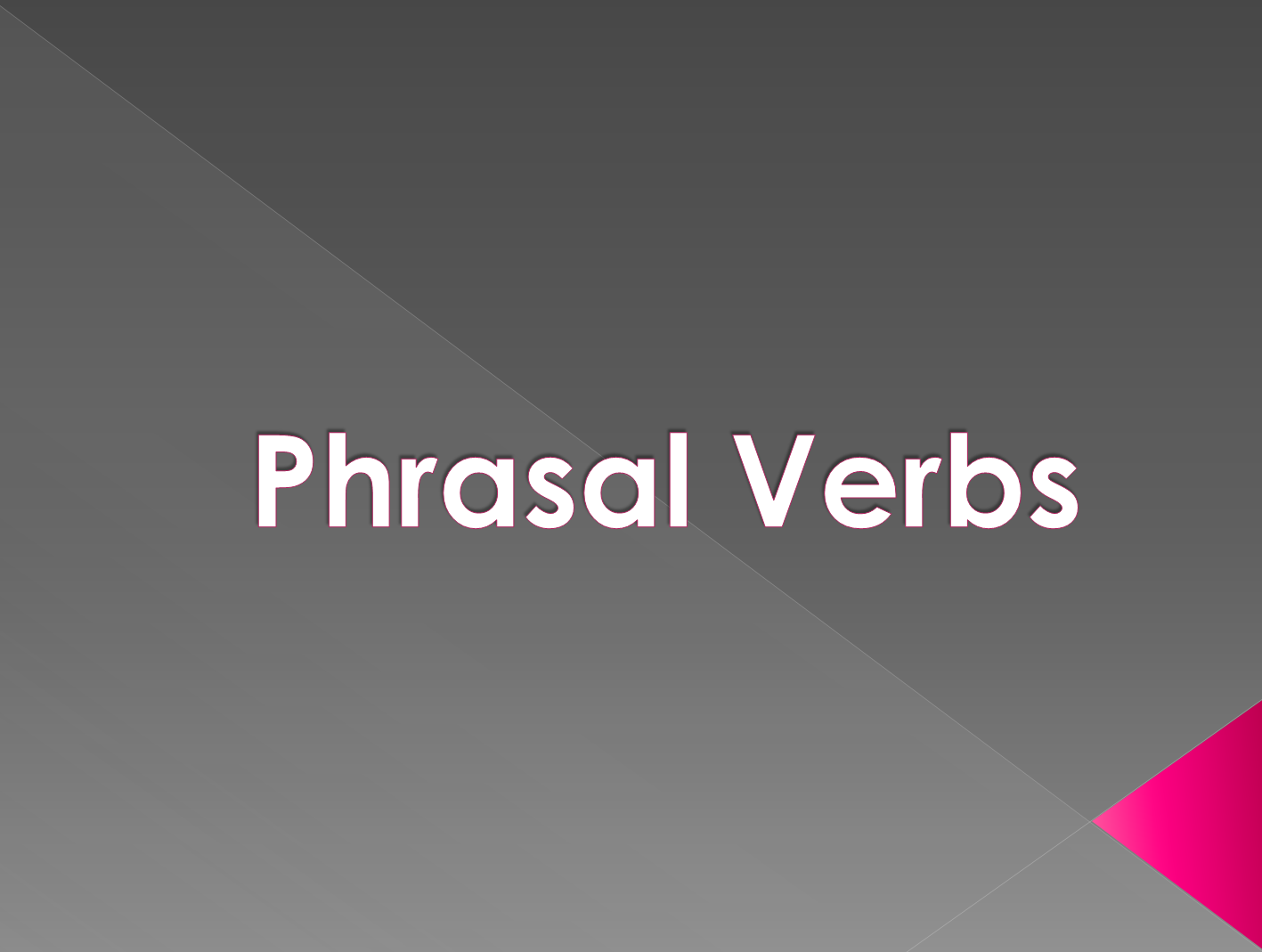
The secret for successful essay writing is lots of practice, guidance and patience. The following tips will help you to get ideas and how to plan your answers. You’ll find out what to expect in the IELTS writing test.
In short these tips focus on:
- The style of language you should use;
- Effective ways to come up with ideas and plan your essay;
- How to make sure you have properly answered the question;
- How to structure your responses.
1. Read the task carefully, understand it and write the answer
Read the task carefully and underline the keywords which you need to include. In essay writing you will find the background information in the question itself. Make sure that you answer the question. (E.g. – Do you agree?). Do not write generally about the topic, if you copy from another essay, you will lose marks.
2. Think and plan before writing
As soon as you finish reading don’t just start writing. Think think think! How can you answer it using your language, knowledge and experience?
Very often there will be more than 1 part to the question; sometimes even 3 or 4 parts. When you produce your answer you must answer all the different parts of the question.
Some good study guides provide set plans, then make the process much easier, with these guides you just have to drop your ideas into the plan. Part of the point is that you should treat each different chapter as a mini essay.
- Borrow structures/ideas/language from essays you have written in the past, but you make certain they apply to the question in front of you.
- That means thinking: thinking not just about what to include but what not to include.
- Your ideas must link together to form a whole – that requires more thought.
- If you start writing and then half way through realise your essay doesn’t make sense – it’s too late to start over.
So make sure you think before starting.
3. Don’t write the wrong essay or the essay which you already know
The danger with pre-planned essays is that they don’t answer the question. You sit down and start writing an essay which is already in your head and not one that answers the question in front of you.
Alternatively, you may get a question type that you are unfamiliar with. In this situation, it helps to have a routine or process you can rely on. You can still answer the question, even if it seems to be a question type you don’t know. Learn the skill of writing an essay, learn the process of exam essay writing and life becomes easier.
4. The Introduction
The introduction matters for various reasons. It is the first thing the examiner reads if you get it wrong and you have made an immediate bad impression. That’s not good.The introduction is the link between the question and your answer.
Make sure that you are looking back to the question and writing about the right thing. It is important to focus on these following points while writing the introduction
- An introduction helps to understand that you have identified the question correctly.
- It makes your position clear (related to the question).
- It is a thesis that presents your point of view on your given topic.
- It is an outline sentence declaring the points you are going to use to support your thesis.
5. Develop clear ideas and explain
This stage of the process is slightly different and requires thinking in a very different way. You just don’t need to answer the question, instead the answer should be coherent.
- Make sure that your ideas are clear and write one main idea per paragraph.
- Explain those ideas and show why/how they relate to the question.
- Give your opinions and back them up with evidence and examples.
Your answer should persuade, be consistent and develop logically towards a conclusion, which answers all parts of the question.
Make sure that you don’t make these following mistakes while writing the main paragraph. The ideas which you have written are good but they don’t relate to the question. Don’t explain too detail on the topic and it isn’t clear what the main idea is. The ideas aren’t supported with reasons and examples.
6. Write in an organized way
When you’ve planned in advance, you’ll end up with a more organized, logical piece of writing, which will earn you higher marks. There are many ways to be organized – linear, circular, etc. – but in the end the final product must be cohesive. You have to write a formal academic English essay of the type that would be required for teachers or tertiary education courses. – Formulate, organize and develop an argument and show a personal response.
7. Stay on topic
While writing the body of your essay you should do several things:
- Examine all parts of the question.
- Remember there is often more than one question contained in the essay question text.
- Look at all that is asked.
Always have in mind that you will be penalized if you stray off topic. This is where the initial few minutes of planning can help you a great deal.
8. Divide your writing
Divide your topics into paragraphs. It is confusing to be faced with a block of writing, with no divisions. You wouldn’t expect to read a magazine article or book like this.Always divide your writing into paragraphs.
You should aim to have three or four paragraphs in your answer. This is not exact. You can write more or fewer paragraphs, as your answer requires. The examiner will not spend very long grading your paper.
You need to create an immediate good impression and the best way to do this in my experience is to present a well-structured piece of writing with clearly laid out paragraphs. This way the examiner is going to be on your side. If, however, it looks disorganised, the examiner is not going to be impressed.
9. Write Clearly and Legibly
The task given to you is to write an essay. Therefore don’t give a list of numbered notes. Write a proper and a clear essay with an introduction, a main body with your ideas and evidence and a conclusion, all divided with the paragraphing techniques which you know.
In the exam, don’t experiment with new vocabulary or idioms.
Use simple. Clear English to get your ideas across in a powerful way. Though marks are not granted or taken away for poor messy writing, the examiner should also be able to read what you have written with undue difficulty.
10. Spell correctly
Yes, this does affect your score so avoid careless mistakes. A careless mistake is when you have spelt the same word in various ways in the same piece of writing or when you misspell a word which is already given in the exam topic and all you have to do is copy it correctly. That’s not okay. Watch for this when you’re practising and resolve to overcome it.
11. Avoid informal language (don’t use slang)
This is the time to show off the best English you know. Find the correct way to express your thoughts and convey your ideas, without resorting to slang. Be aware that certain expressions, such as “kids” instead of “children” and “guys” or “gals” instead of “men” or “women”, also fall into the category of slang and should be avoided.
12. Don’t use contractions
Don’t use contractions in the writing tasks. In English, contractions are used in informal writing, and the academic tasks demand formal writing.
13. Use Rich Vocabulary
Stay away from over-used adjectives such as “good” or “bad”. Use more dramatic, expressive words, such as excellent, wonderful, superb, or adverse, horrible, terrible, etc. Choose the more precise word over the more general one.
This will make your language come alive, in speech or in writing, and earn you higher marks. Check your writing for unnecessary word repetition – you are graded on the variety of your language. You should note that this does not mean you need to use long, complex words, rather it means you should use precise words.

14. Extending paragraphs (EASY COPY / PASTE Technique)
Pick up some points by using this conditional sentence to extend your arguments in the body paragraphs.
IF __________did happen / were introduced / were implemented, there WOULD be at least two / three major consequences.
Firstly…. Secondly….
EXAMPLES:
If governments increased spending on education, students would see the following benefits: Firstly…. Secondly….
If equality legislation were introduced globally, the effects would most likely be felt in the following ways. Firstly….Secondly….
Universal sentence to use:
If __________did happen / were introduced / were implemented, there would be at least two / three major consequences.
Firstly…. Secondly….
15. Learn about your country
Not only will this help you in the speaking part, but it will give you massive help in the writing. Most of the IELTS task 2 question require examples and opinions. If you can mention information about your country in the examples your argument becomes believable, authoritative, specific and interesting. You can use these examples to introduce your country:
Recent studies in ENGLAND have shown that a public education system has benefitted over 55% of the population…
Take JAPAN for example, it is widely known that the JAPANESE are …
16. Take wise decision
Task 2 is worth TWICE task 1. One idea is to do task 2 before task 1, just to ensure you finish the essay.
17. Summarise the ideas in your conclusion
The writing is slightly different here, you need to review what you have written in previous paragraphs then mention the most important parts in the conclusion. Be crystal clear, direct, and relate the last two sentences to the original question.
18. Try to write faster
Actually practice writing essays with no time limit, then gradually aim for 40 minutes. Take a few hours to get everything in order, perfect the process, separate the reading, the thinking, the planning and the writing. Speed should be the final skill to perfect.
19. Revise again what you wrote
The reality of exam essays is that you only have one chance to get it right. You don’t have time to write it once and then improve it – as you would with a piece of real academic writing. So it is important to check what you write. When you check, look for YOUR PERSONAL MISTAKES i.e., mistakes you have made in previous essays. The most common are:
- Articles (the / a) -this is the number one pain point for students.
- Third person singular (S).
- Plural singular agreement (is / are).
20. Don’t write more or less words than you need to
Writing too many words takes too much time, increases the possibility of making mistakes. Writing too few will cause you to lose marks. The ideal is to aim for between 260 – 280 words in the essay and 160-180 words in Task 1.
21. Don’t repeat the Question
In the essay, don’t repeat major chunks of the question in your answer. Underline the keywords from the essay task, think of the synonyms of the keywords. Use new words in the introduction of essays. Also, learn lots of synonyms, for example students we can say: young learner, learner, pupil, alumni, university education goer, etc.
22. Manage your time
Ideally before the exam you will have your essay writing down to under 40 minutes. You should have a solid procedure to follow, so as to maximize your time. After you have worked on improving your writing, aim for speed. Do various timed practice exams to get this skill, this should be the last part of your preparation. Also, remember in the exam to check what time you start and expect to finish.
23. Practice doing lots of homework
Do practice sample IELTS essays a home. It helps improve your writing. Another thing that eats away at your time is counting words too frequently. Again, there are things you can do at home to help reduce this. Count the number of words in 5 lines of your writing. Divide this number by 5 and that will give you the average number of words you write on a line (assuming that your handwriting is always of a similar size).
Concentrate on each phase of the process – ask yourself the question “what I am trying to do now?”
An IELTS Answer page is just an average A4-sized piece of paper. A full page has about 20 lines; so if your average number of words per line is usually 10, you would write about 200 words on a full page.
24. Use collocations
“the habitual juxtaposition of a particular word with another word or words with a frequency greater than chance”.
Collocations are your best friend because:
- They make your writing sound natural.
- They are good chunks to memorise (2 words for the price of 1).
Here are some examples:
- become widespread
- brief discussion
- educational opportunity
- educational provision
- effective implementation
- environmental changes
- make progress
- a major cause
- market forces
- information society
- social issues
- provides information
- cultural diversity
25. Grammatical Range
Here is an easy structure to incorporate today.
To score a high a wide grammatical range is necessary, if you memorise this structure and employ it correctly you will pick up points.
IT + MODAL + BE + Past form = Points!!!
- It should be INTRODUCED
- It should be FORGOT
- It must be NEGLECTED
- Idioms and Other Expressions Used For Talking About ‘Work’
- What Are Weasel Words?
- Money and Finance – Test Your Knowledge
- Phrasal Verbs, Idioms and Other Expressions Using ‘CUT’
- How to Say Time in English
- Idioms and Other Expressions Used For Talking About Money
- Shopping and Consumerism – Match the Correct Name
- Phrasal Verbs – Choose the Correct Verb
- Currency Markets – Choose The Best Words
- Personal Qualities – Use the Best Nouns and Adjectives








